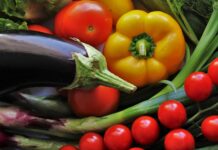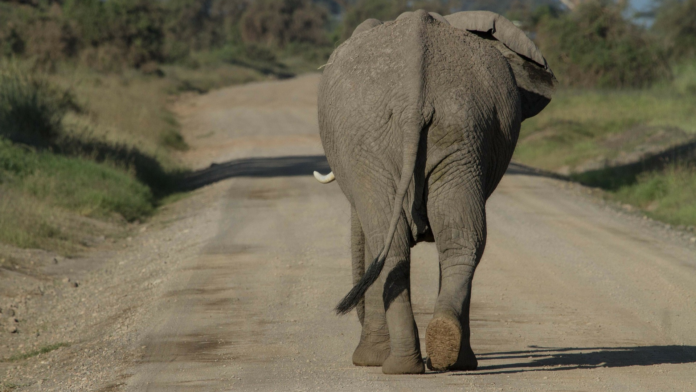At the end of a long day in lockdown, many of us are reaching for our favourite tipple to ease the strain of remote working, homeschooling, social distancing, or all three. As a result, alcohol sales are booming. In fact, liquor stores in British Columbia have reported a 40% jump in sales, with options like boxed wine up 144%.
This affinity for booze goes way, way back. Our Neolithic ancestors were producing ethanol for consumption as far back as 12,000 years ago, and even before that were enjoying the natural alcohol in overripe fruits.
It begs the question of whether we the only ones who indulge in this way. Tales of wild animals getting drunk on rotting fruit are popular and widespread, yet mostly dismissed as myths.
Take elephants, for example. Scientists have previously dismissed stories of African elephants appearing drunk after eating fermented fruits. Given an elephant’s size, they were deemed too big to get drunk — so large that it would be hard to eat enough to have an intoxicating effect.
But this assumes that elephants process ethanol in the same way as humans. And according to new research from the University of Calgary, this assumption is fatally flawed.
Mareike Janiak, postdoctoral scholar in primate genomics and ecology, looked at alcohol metabolism in 85 different mammals. The results show genetic variation that could explain how elephants get tipsy.
How different species process alcohol
As humans, we have a superpower when it comes to alcohol. One of the enzymes that breaks down ethanol (alcohol dehydrogenase class 4), has a variation that allows us to process alcohol 40 times faster than other primates.
To understand more about alcohol processing in mammals, the researchers compared the alcohol dehydrogenase gene (ADH7) in animals from cows and sheep, to orca whales and elephants. They found that while most (79 of the 85 species) exhibit the gene, only humans, great apes, bats and koalas share the variation for faster ethanol breakdown.
At the other end of the spectrum, six species were missing the gene entirely. These species, which include rabbits, manatees and sloths, are not regular fruit eaters.
But some species, like elephants, have a faulty version of this gene for breaking down alcohol and still consume fruit. In these cases, even small quantities of ethanol could remain in an animal’s system and leave even the largest creatures feeling slightly wobbly.
It’s worth noting that that some species may have alternative ways of processing ethanol, but the researchers conclude that these are unlikely to be as effective as our own.
Ultimately, this research highlights the diversity among the diets and digestive systems of mammals. It also reminds us to be cautious when against extrapolating from humans to other animals, and to keep an eye out for potentially drunken elephants.




































